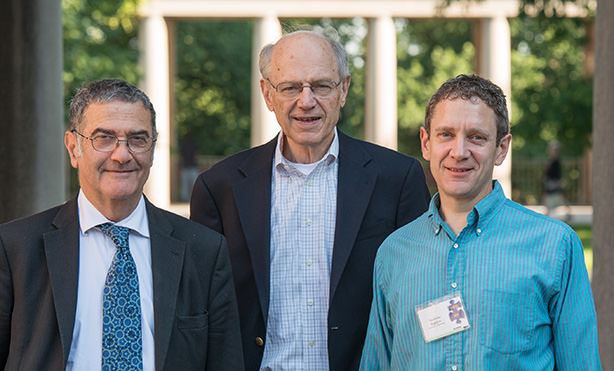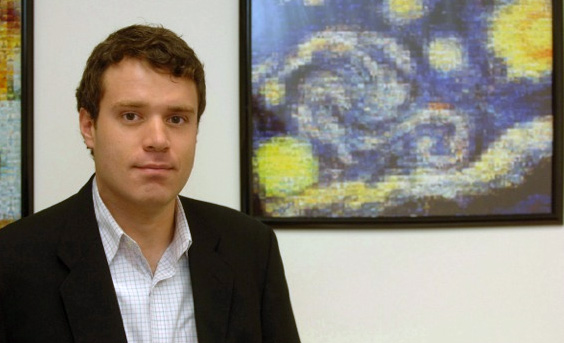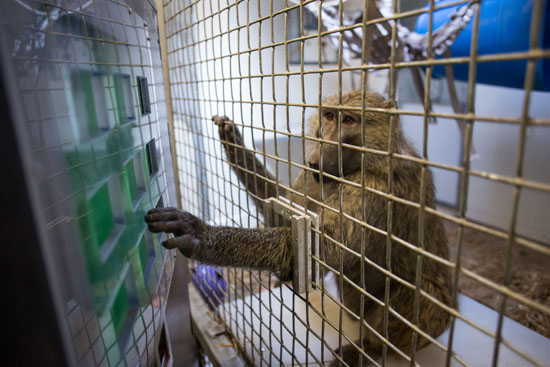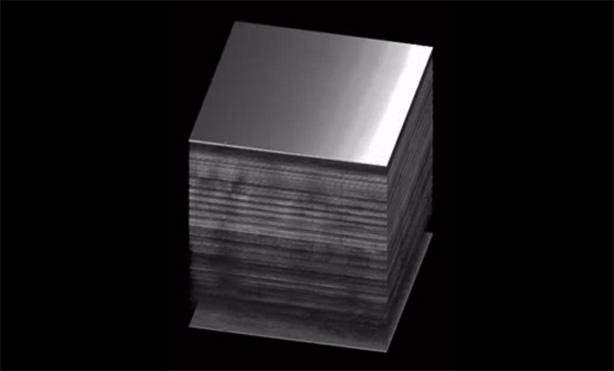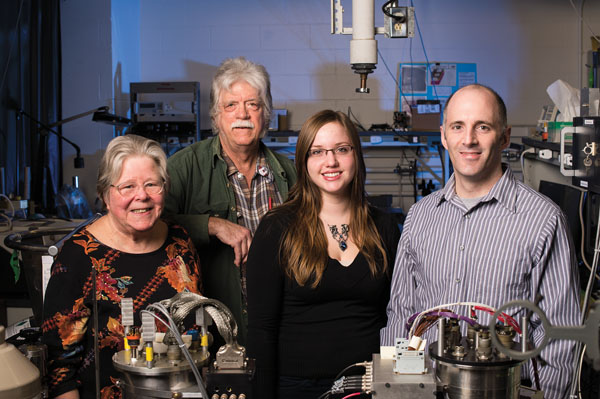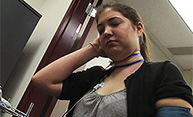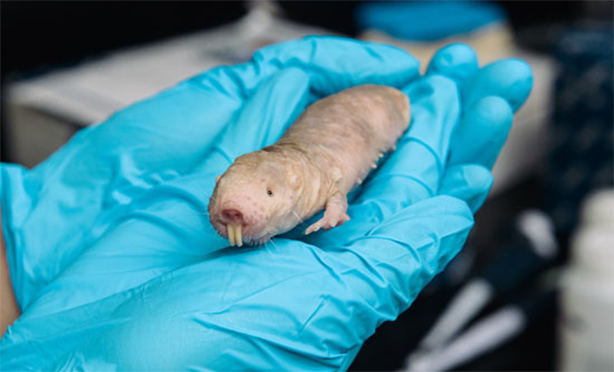
Science & Technology
Naked Mole Rats Cancer-resistant Chemical ID’d
June 19, 2013
The biologists' focus on high molecular weight hyaluronan (HMW-HA) began after they noticed that a gooey substance in the naked mole rat culture was clogging the vacuum pumps and tubing.

